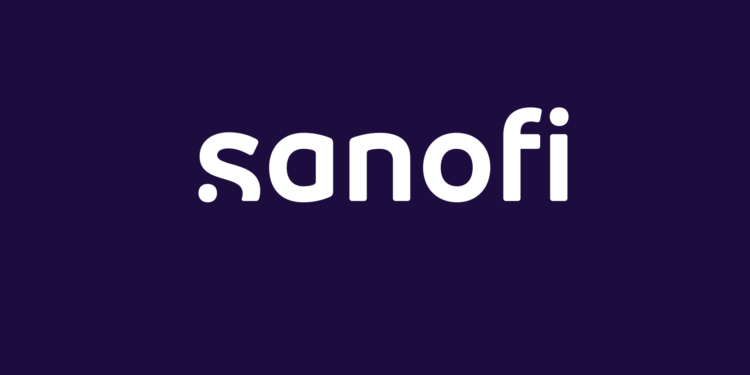Sanofi-Aventis Nigeria Ltd, the Nigerian arm of the global pharmaceutical company, has announced a major shift in its business strategy in the country.
In a letter to its partners and seen by Nairametrics the company stated that from February 2024, the commercialisation of the Sanofi portfolio of medicines will transition to a third-party distribution model.
The correspondence clarifies Sanofi’s intention to reconfigure its approach to the Nigerian market. This move signifies a strategic pivot from direct sales to a model where a yet-to-be-named third-party distributor will handle the commercial aspects of Sanofi’s medicinal products.
What Sanofi is saying
This decision is a significant one, marking a departure from the traditional business model employed by Sanofi in Nigeria.
It reflects the company’s attempt to adapt to the evolving business climate and economic realities facing multinational companies in the country.
- “With effect from February 2024, our company will embark on an exciting transformation of its business model in Nigeria. In our new model, commercialisation of Sanofi’s portfolio of medicines will be driven solely by a 3rd party distributor to be named soon. This strategic move represents a significant milestone for our organization and is driven by our commitment to continually improve access to our medicines and to better serve our patients and the Nigerian health system.”
Sanofi has expressed that this restructuring is underpinned by a commitment to enhancing the accessibility of its medicines and ensuring the continued provision of quality healthcare services to the Nigerian populace.
In a hint that this could be a potential sign for a wider restructuring, the company said it has already begun engaging with its employees, partners, and other key players to maintain transparency throughout this transition phase.
- “We have commenced engagement with our employees, partners, and key stakeholders to ensure full transparency. In the coming days, we will make public announcement through the media. However, we recognize that our relationship with our stakeholders is of paramount importance, and we wish to share this information with you in advance. While details of our new business model will be made in our media announcement, be assured that this transformation is rooted in our commitment to providing more value to patients.”
The intricate dance of adapting to economic headwinds while ensuring the uninterrupted availability of healthcare services presents a nuanced challenge for Sanofi and other players in the healthcare space.
- Nigeria’s macroeconomic conditions have seen consumer purchasing power strain under inflationary pressures, affecting the affordability of healthcare.
- By shifting to a third-party distributor, Sanofi appears to be aiming at mitigating these pressures by optimizing its supply chain, potentially leading to cost efficiencies that can help keep its medicines accessible to the patients who need them.
- Sanofi’s strategic shift can be seen as part of a broader trend, where multinational companies operating in Nigeria are compelled to adopt innovative business models in response to the country’s economic realities.
- GlaxoSmithKline (GSK) announced its plans to leave Nigeria on the 3rd August 2023
About Sanofi
Sanofi was the first worldwide supplier of the injectable polio vaccine followed by the first influenza, meningitis, and rabies vaccines.
- In 2019, the company signed an agreement with Nigerian pharmaceutical company, May and Baker, to produce a range of its drugs in Nigeria.
- It’s popular Sanofi Nigeria products include Flagentyl tablets, Epilim tablets and syrups, Amaryl tablets, Aprovel tablets, Aprovasc tablets, Clexane injection, Franol tablets, Orelox tablets and syrups, Rhinathiol syrups and Tavanic tablets.
Sanofi-Aventis Nigeria would be the second pharmaceutical company to announce its plans to leave Nigeria and use a 3rd party distributor to commercialise its medicines.



















They want to leave without properly compensating their staff. What they want to give their staff in this hardship is peanut. I think you should also look into that